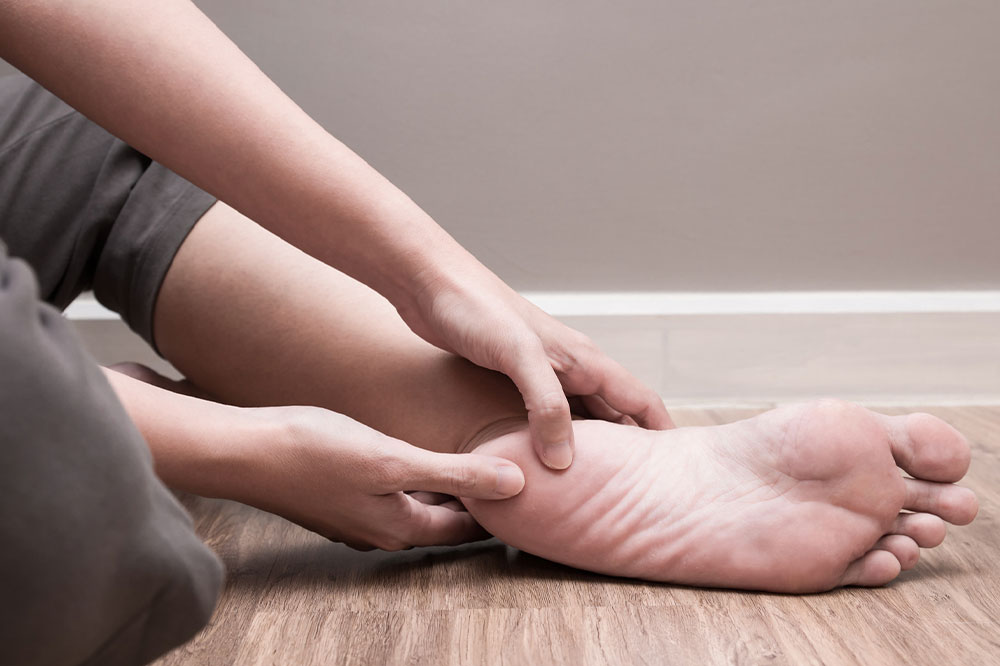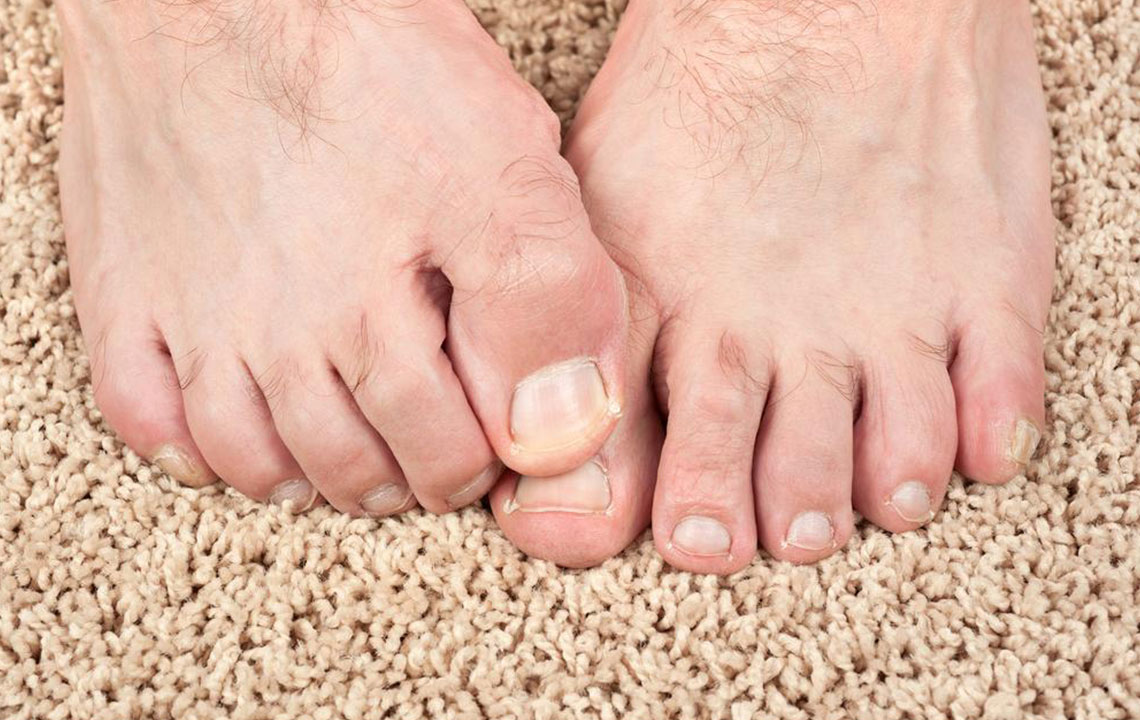Effective Strategies for Managing Plantar Fasciitis Pain
Explore practical methods to diagnose and treat plantar fasciitis effectively. From proper footwear to natural remedies and professional advice, learn how to manage heel pain and maintain foot health. Regular stretching, supportive shoes, herbal remedies, and medical consultation are key to long-term relief. Preventative tips and lifestyle changes can reduce inflammation and improve mobility, helping you stay active and pain-free as you age.

Effective Strategies for Managing Plantar Fasciitis Pain
The health of your legs is crucial, as they carry your body weight daily. Overloading these muscles and tissues can lead to conditions like plantar fasciitis, where the thick ligament connecting your heel to your toes becomes inflamed, resulting in severe heel pain and mobility issues. This pain often manifests as a stabbing sensation during ground contact and can cause limping. Left untreated or neglected, the discomfort may worsen over time, especially with aging.
As we age, vulnerability in various body parts increases, making regular exercise and a balanced diet essential for maintaining overall health. Here are effective methods to alleviate plantar fasciitis symptoms.
Rest and relaxation are vital. Prolonged sitting or standing exerts substantial pressure on the heels and ankles, leading to stiffness and pain. Gentle stretching exercises can alleviate this tension.
Select supportive footwear - Wearing appropriately sized shoes with good arch support and cushioned heels can significantly reduce stress on the plantar fascia. Using insoles enhances comfort and protects the ligament during daily activities.
Apply ice packs - Inflammation and swelling can be effectively reduced with cold therapy. Use ice packs as advised by your healthcare provider, and consider contrast baths cycling hot and cold water to promote circulation and healing.
Consult healthcare professionals - Self-medication may worsen the condition. Professional diagnosis and treatment plans, including guided exercises or medications, are essential for proper recovery.
Perform gentle stretching and yoga - Regular, careful stretching helps maintain muscle flexibility and reduces pain. Use supportive mats and avoid overstretching to prevent injury.
Avoid high heels - Constant use of high heels can distort foot arch and strain the heel muscles. If unavoidable, massage your heels regularly to prevent discomfort.
Opt for herbal remedies - Natural treatments like turmeric mixed with warm milk and honey can reduce inflammation. Ginger tea also acts as a natural pain reliever and anti-inflammatory agent.
Maintaining a healthy lifestyle and following these strategies will help protect your leg muscles, reduce pain, and promote faster healing of plantar fasciitis.










